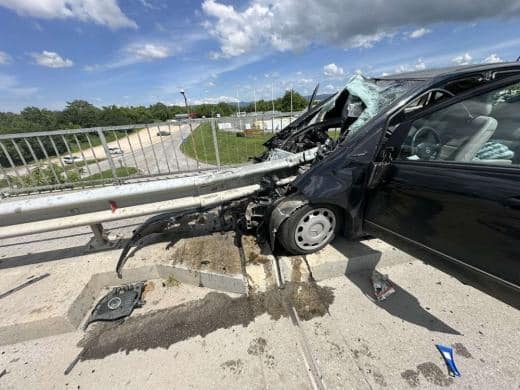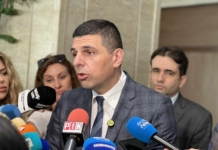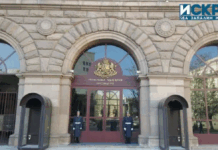
Every third crime in Bulgaria is a traffic crime, with an increase in cases of drunk driving, alcohol or drug use. These are some of the conclusions of the study „Trends and prevention of road transport crimes (Art. 343-343d of the Criminal Code)”, prepared by a team led by Assoc. Prof. Dr. Ekaterina Salkova. At the same time, the experts are adamant – the total number of crimes on the road is decreasing, and increasing criminal repression does not solve any of the problems with them.
This is the first completed criminological study since the resumption of the Council for Criminological Studies as an expert advisory body on the state’s criminal policy. At its last meeting, the Council, chaired by Justice Minister Maria Pavlova, adopted its final report.
It tracks and analyses the statistics of crimes on the road, the legislative framework and its changes, the case law, the main problems in applying the relevant norms of the Criminal Code and the Criminal Procedure Code. The main period of study is 2016-2021, compared to 2010-2015.
Only traffic crimes related to alcohol or drug use are increasing, their causes and conditions should be considered comprehensively and work should be done especially on their prevention, said Assoc. Prof. Dr. Salkova. And she recalled the recommendations of the World Health Organization that the system should always take into account the possibility of human error and work in such a way as to avoid severe consequences even in the case of human error.
A third of the cases heard by the Supreme Court of Cassation last year were classic road crimes, reported Judge Krasimir Shekherdjiev of the research team. The sentences were mainly imprisonment, most of them suspended. Shekherdjiev did not hide his disappointment that while they were studying, summarizing and analyzing data that could serve for reasonable legislative initiatives, last August the parliament amended the Criminal Code also in the part on road crimes, with the SCC finding the amendments unconstitutional.
“Please use our report in a useful way!” the Chief Justice addressed the Council.
Ekaterina Salkova acknowledged the existence of serious difficulties with basic examinations such as car technical and toxicological examinations. In the case of the former, the problem is the small number of experts who carry out quality examinations, in the case of the latter – the long time for the examination of samples. The recommendation is to strengthen the capacity in expertise.
Attention was also drawn to the shortage of traffic police teams in Sofia dealing with car accidents. This leads to delays and sometimes distortion of the law, Justice Shekherdjiev said.
Minister Maria Pavlova thanked the team for their professional work, the Council unanimously assessed it as excellent.
The results of the study will be presented and discussed publicly. At the last meeting of the Council, the heads of the other two teams were also heard – Assoc. Prof. Dr. Svetlin Antonov on the study „Trends and prevention of crimes under Articles 279, 280, 281 of the Criminal Code (illegal crossing and smuggling across the border, as well as illegal assistance to foreigners to stay and cross the country in violation of the law)“ and Assoc. Prof. Dr. Nina Belova on „Trends and prevention of human trafficking“. Their reports will be ready by the end of the year.






